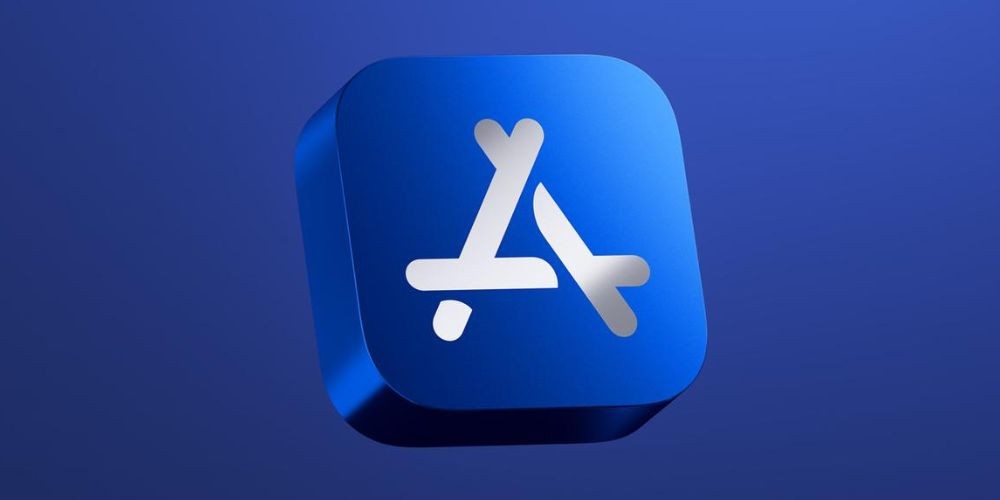Navigating Apple's New App Store Payment Policies: Exclusions and Reactions

Apple has recently made headlines with its updated App Store guidelines, which are designed to comply with legal stipulations over antitrust concerns raised by Epic Games. In what is seen as a partial concession, Apple has allowed developers to direct users to external payment mechanisms. However, this newly granted freedom comes with exceptions and a series of conditions that both developers and customers need to navigate.
The modifications to Apple's App Store rules now enable developers to include links or buttons within iOS apps, guiding users toward alternative payment methods for in-app purchases and subscriptions. This shift follows after the Supreme Court opted not to hear an antitrust lawsuit against Apple, prompting the tech giant to adjust its historically rigid payment policies. Despite this change, the compliance framework Apple has set in place is riddled with intricacies, including a vetting process and restrictions on app eligibility for such external linking.
One significant caveat in the new policy is Apple's exclusion of apps enrolled in the Video Partner and News Partner Programs from utilizing the Link Entitlement. These programs allowed certain partners to enjoy reduced commission rates and offered their own customer transaction systems. This exclusion highlights Apple's nuanced approach toward implementing the court's orders and its continued hold over certain categories of app monetization strategies. Through these exceptions, Apple seemingly safeguards its interests and maintains control over significant revenue streams.
The introduction of the StoreKit External Purchase Link Entitlement stipulates a variety of requirements for developers who wish to guide users to external purchasing options. They are tasked with providing detailed information about their app's website domains and ensuring they maintain a high standard of payment processing and user protection on their own platforms. Developers are also instructed on the presentation of these external links within their apps, with Apple supplying templated language to avoid misleading claims.
Overall, the response to Apple's new policy has been less than favorable among some app developers, with criticism centering on the perceived restrictive nature and what some call 'bad faith' compliance. The complex stipulation requires a 27% commission on transactions conducted through developers' sites within a week of clicking an external link, overshadowing the potential financial benefits of avoiding the App Store's typical 30% fee. The evolving landscape of digital app distribution continues to be a battleground for control, profits, and user protection.
Apple's implementation of its App Store policy revisions elucidates the delicate balance between the company's need to adhere to legal mandates while protecting its business model. Despite court-mandated changes, the nuanced policies and application processes underline Apple's commitment to steering the metrics of its marketplace. As developers and industry observers digest these revisions, the debate over the fairness and viability of such mechanisms in digital marketplaces persistently simmers.








